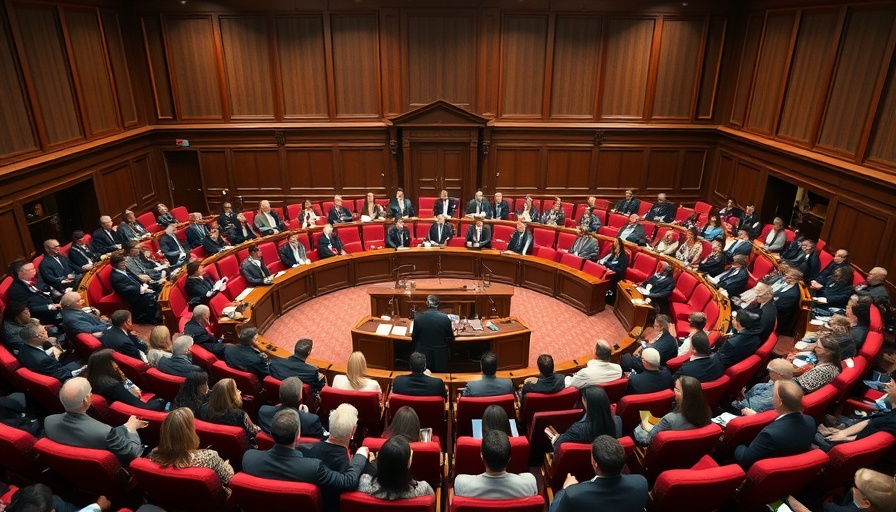
Bolsonaro's Alleged Plot: The Coup That Shook Brazil
In a dramatic turn of events, former President Jair Bolsonaro stands accused of orchestrating a devious plan to undermine Brazil's democracy. As the election conspiracy trial against him reached its verdict and sentencing phase, prosecutor-general Paulo Gonet articulated a grim picture of interconnected events spanning from his disputed election loss in October 2022 to the present day.
Understanding the Allegations Against Bolsonaro
Bolsonaro faces serious charges, including conspiracy to commit a coup, stemming from his alleged attempts to remain in power following his defeat to current President Luiz Inácio Lula da Silva. This follows what Gonet describes as a deliberate and calculated effort by Bolsonaro and his close associates to sabotage the electoral process. The prosecutor highlighted that after Lula's victory, Bolsonaro convened meetings with military and cabinet officials to discuss issuing an emergency decree to suspend the election results amidst unfounded claims of voting fraud.
Legal Implications and Political Ramifications
The implication of these legal challenges is profound. Gonet's statement underscores the gravity of Bolsonaro's alleged actions, suggesting that the president's call to military leaders marked the initiation of a coup process—a term with no light implications in Brazil's tumultuous political history.
As this trial unfolds, observers note that it is a pivotal moment for Brazilian democracy. The outcome could further polarize an already fragmented nation. It raises questions about the resilience of democratic institutions in the face of blatant attempts to subvert them.
The Broader Context of Governance in Brazil
This isn't just a saga of one man; it's a reflection of the struggle for power in Brazil, a nation still healing from years of political unrest, protest, and disillusionment with governance. Bolsonaro's presidency was marked by controversies, from his stances on environmental issues to his responses to the COVID-19 pandemic.
Comparatively, the case bears some resemblance to political crises in history, where outgoing leaders attempted to cling to power unlawfully. The 2020 U.S. Capitol riots serve as a stark illustration of political fragility that resonates globally as leaders grapple with increasing challenges to their authority.
Public Sentiment and Future Predictions
Public sentiment in Brazil is deeply divided. Many supporters view Bolsonaro's prosecution as a politically charged attack, while opponents see it as a necessary step toward accountability. This stark division complicates any prediction for the upcoming elections and the political landscape moving forward.
Should Bolsonaro be convicted, the repercussions may ripple across the region. Other leaders observing Brazil's response to such threats against democracy may either seek to entrench their power further or actively work toward reinforcing democratic norms.
Actions Citizens Can Take Now
For Brazilian citizens and the international community alike, focusing on civic involvement remains crucial. Understanding the political nuances, participating in discussions, and holding leaders accountable can help reinforce democratic values. Engaged citizens are the backbone of democracy; their vigilance can lead to a flourishing political environment.
The Significance of the Trial’s Conclusion
As the final phase of this historic trial unfolds, its implications extend far beyond Bolsonaro's fate. It represents a turning point in Brazil's political story and serves as an example of how democracies can confront crises posed by their own leadership. The world will be watching closely as Brazil decides how to respond to the challenges of corruption and power struggles, striving for a strong and accountable government that prioritizes the will of the people.
As the trial progresses, community engagement, awareness, and support for democratic principles will be essential components in nurturing Brazil’s political future.
 Add Row
Add Row  Add
Add 




Write A Comment